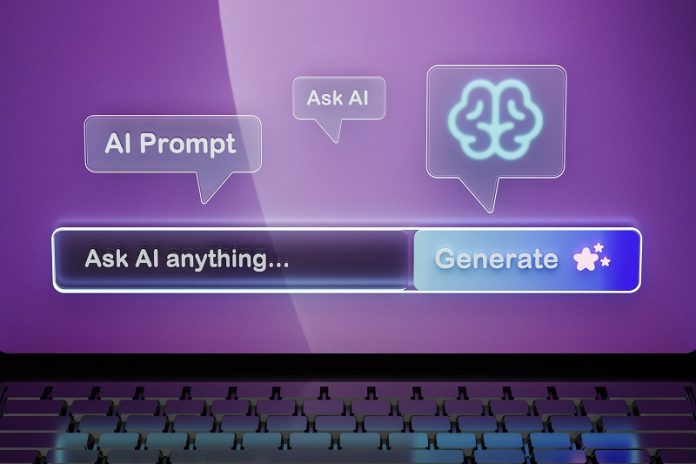
A new study has found that people who use AI chatbots like ChatGPT to learn about new topics tend to develop shallower understanding than those who use traditional web searches.
The research, published in PNAS Nexus, suggests that while AI tools are fast and convenient, they may make learning more passive and less effective.
Researchers Shiri Melumad and Jin Ho Yun conducted seven experiments involving thousands of online participants.
Each participant was asked to learn about everyday topics such as how to plant a vegetable garden, improve health habits, or avoid financial scams.
Some participants used large language models (LLMs) like ChatGPT to learn, while others used traditional Google web searches and clicked through the links to explore information.
After learning, participants were asked to write advice based on what they had discovered. The results revealed clear differences between the two groups.
Those who used AI tools spent less time reading and engaging with content, reported feeling less knowledgeable, and produced shorter, less detailed advice.
Their writing included fewer factual references and often sounded more repetitive—similar to what others in the same group had written.
The researchers then asked 1,501 independent evaluators—who didn’t know where the advice came from—to judge its quality.
These evaluators consistently rated the AI-based advice as less helpful, less trustworthy, and less informative. They were also less likely to say they would follow the AI-derived advice compared to that written by participants who had used web searches.
According to the researchers, this pattern highlights a fundamental difference between how people interact with AI chatbots and traditional search engines.
When users search the web, they actively compare multiple sources, make decisions about credibility, and build their understanding piece by piece.
This process fosters deeper and more flexible knowledge. In contrast, when people rely on AI-generated summaries, the learning experience becomes more passive—they consume information that has already been processed for them, without exploring or questioning it themselves.
While chatbots like ChatGPT can be highly efficient and useful for quick answers, the study suggests they may not be the best tools for developing procedural knowledge—the kind of understanding that helps people actually perform tasks or apply skills in real life.
In short, the researchers conclude that if your goal is to truly learn how to do something, browsing and analyzing information through traditional web search may still be the smarter choice.
Source: KSR.



